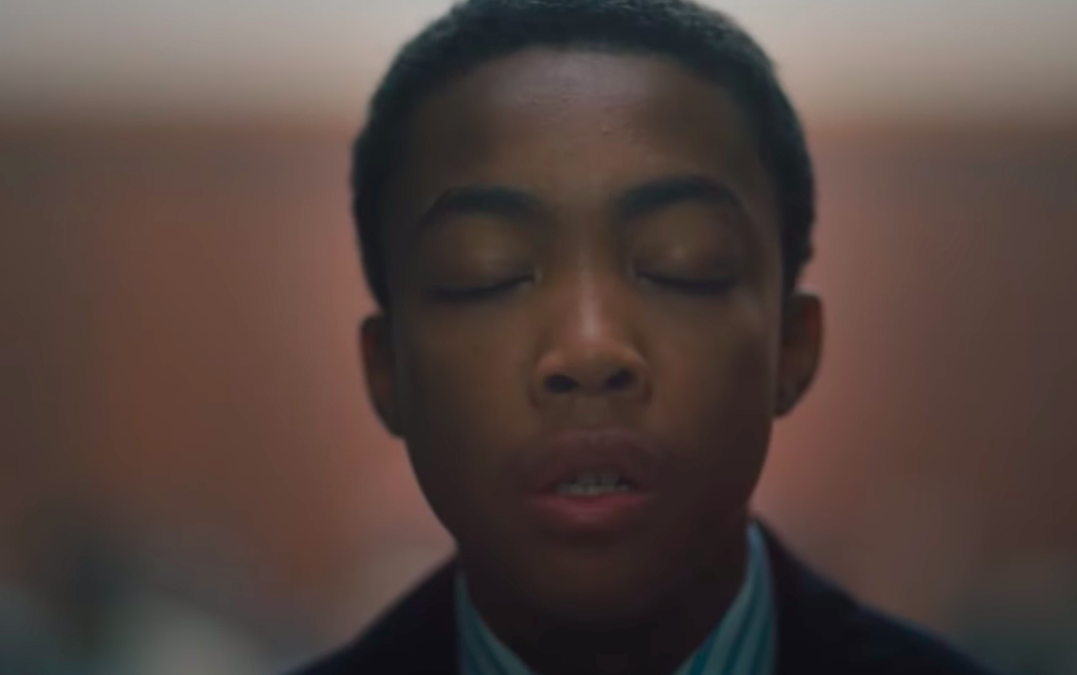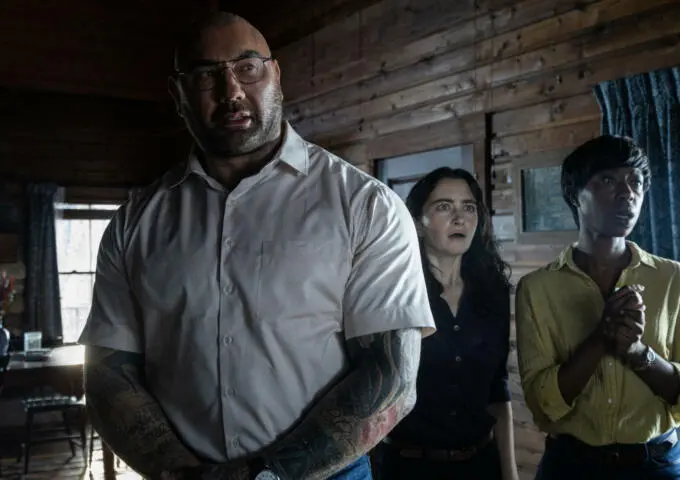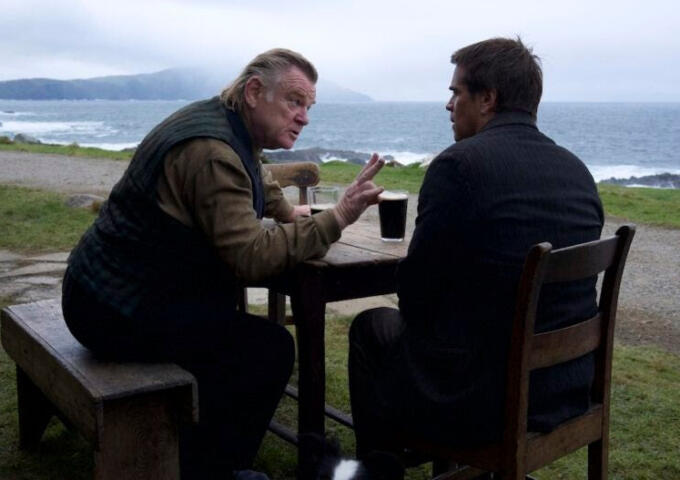“When They See Us,” the four-part, four-hour dramatization of the notorious Central Park Five case, debuted on Netflix at the end of May.
It’s one of those projects that’s both highly ambitious and absolutely equal to the task of what it sets out to do.
It’s absolutely infuriating but still essential.
The series, of which director Ava DuVernay (“The 13th,” “Selma”) directed all four segments while sharing co-writing credit with three others, picks up in April 1989, when a woman was raped and beaten while jogging in the northern part of Central Park. Five teenagers, four of them black and the fifth of Afro-Puerto Rican heritage, were arrested that night. Later, they confessed to the crime in a way that the series shows was coerced.
The four different episodes cover different parts of the story, including the arrests, the interrogations, the trials and their eventual exoneration in 2003, after the actual rapist confessed to the rape, and DNA evidence matched him to the crime. But “When They See Us” doesn’t quite treat the exoneration as a happy ending. It shows us that several of the accused, who got out of prison prior to having their names cleared, found themselves mistrusted, by both loved ones and potential employers.
“When They See Us” represents DuVernay’s return to form as a filmmaker after last year’s misbegotten adaptation of “A Wrinkle In Time.” She debuted as a major talent with “Selma,” which was somehow, in 2014, the first-ever Hollywood feature film to feature Martin Luther King as the protagonist.
She followed that up with the first-rate 2016 documentary “13th” which, strangely, I am in. (You can see my head in a few seconds of footage, from the time in April 2016 when Bill Clinton visited Mt. Airy and got into a confrontation with a protestor, who happened to be standing right next to me.)
Here, DuVernay convincingly recreates 1990s New York and gives the proceedings just the right pacing. Despite a story depicted over four hours, the series never felt overly sluggish.
The series builds on the work of ‘The Central Park Five,” a 2012 documentary about the case directed by Ken Burns and his daughter and son-in-law, Sarah Burns and David McMahon, and is timed to the case’s 30th anniversary.
While neither the Burns film nor the DuVernay one quite belabors the point, there’s one aspect of both that can’t be ignored. Donald Trump, at the time a New York real estate tycoon, placed an ad in every New York newspaper in 1989 calling for the five accused teenagers — none of whom had been accused of murder — to receive the death penalty. Just over a quarter-century later, he would ride the same types of stereotyping, fear-mongering and “tough guy” posturing all the way to the White House.
The primary villain of “When They See Us” is Linda Fairstein, the longtime top sex crimes prosecutor in New York, who is said to be the inspiration for certain aspects of the long-running “Law & Order: SVU.” She later became a prolific crime novelist. The series depicts her as something of a monster, responsible for leading the railroading of the five. Felicity Huffman shines as Fairstein, in what may be, thanks to her recent guilty plea in the college admissions scandal, the last high-profile role of her career.
In the true crime boom of recent years, a lot of documentaries and podcasts have made a real-life difference on the cases depicted. “Making a Murderer” led to a successful appeal for its subject, while “Serial” led to a new trial, although that ruling was later reversed. “The Jinx” led to murder charges against Robert Durst, even though it may have faked its most famous moment.
The Central Park Five case has already been adjudicated, with the accused exonerated and even receiving a massive settlement. The biggest real-world effect has been the real-life tearing down of Fairstein, who has not only been dropped by various charity boards, but was also dumped by her book publisher.
I have trouble having much sympathy, mostly because she had enough time. Fairstein built her career and reputation, in part, on this case in which, even by the most charitable interpretation, she conducted herself abominably. For her to lose her book deal, at age 72, after more than 20 books from which she will likely continue to earn royalties forever, is far from the greatest tragedy to come out of this whole affair.
The one real notable shortcoming of the show is that it doesn’t really put across the tabloid energy of New York, with its ritual denunciations of out of control criminals (really, all criminals except for the Mafia, which is forever revered). True to form, the New York Post just this week ran an op-ed calling Fairstein a heroine and taking the line that her “cancelation” is more worthy of outrage than, you know, the years in prison these men did for a crime they didn’t commit.
But once again, even though the Five were exonerated, freed and got a large check from the government of New York, you can’t really call the ending a happy one.
And not only because the man who called for the death of these innocent young men is now the president of the United States. Widespread racial injustice is far from a thing of the past. The Eric Garner case, also in New York City, was only five years ago.
It’s close to home, too. Raise your hand if you’ve never heard someone here in Philly denounce people of a certain color as “the animals,” while praising Frank Rizzo in the same breath.
Within days of the debut of “When They See Us,” a study was released by a Philadelphia-based research organization called The Plain View Project.
The study looked at the social media habits of police officers in various departments around the country, complete with examples of all of the stuff open racism, detailed fantasies of violence — that are perennial features of cop Facebook. In Philadelphia, according to a Buzzfeed report of the study, a third of the 1,000 Philadelphia police officers identified on Facebook had made offensive posts. Of those, a third “appeared to have had one or more federal civil rights lawsuits filed against them.”
Sadly, we know how this goes. If any of those people lose their badges, or don’t get them back with full back pay after a lengthy arbitration process, it’ll be a major upset.
“When They See Us” isn’t an easy watch. It’s not light entertainment. But at the same time, it’s essential, serving as a reminder of just how bad things were, and unfortunately still are.
TWITTER: @STEPHENSILVER




